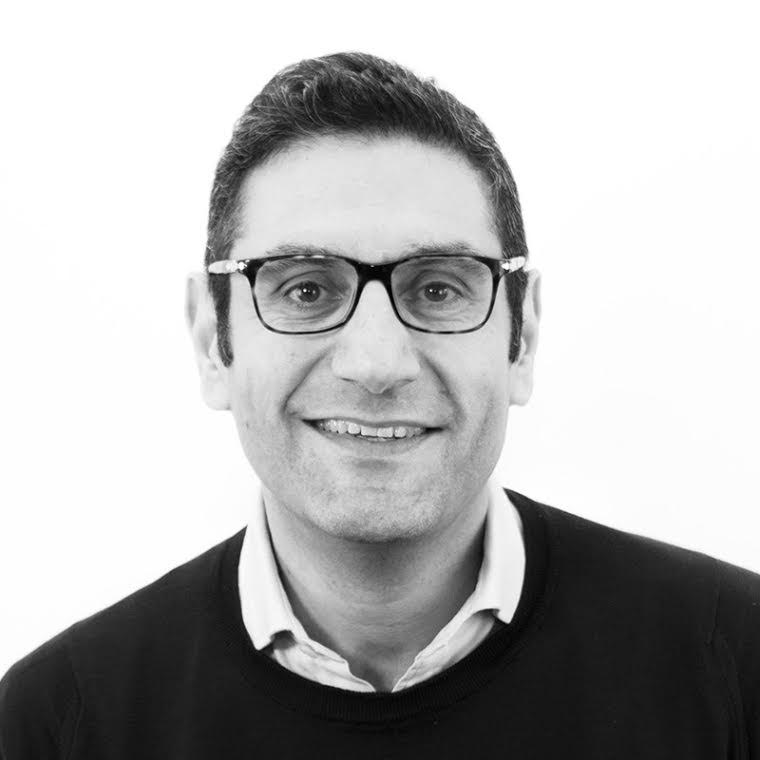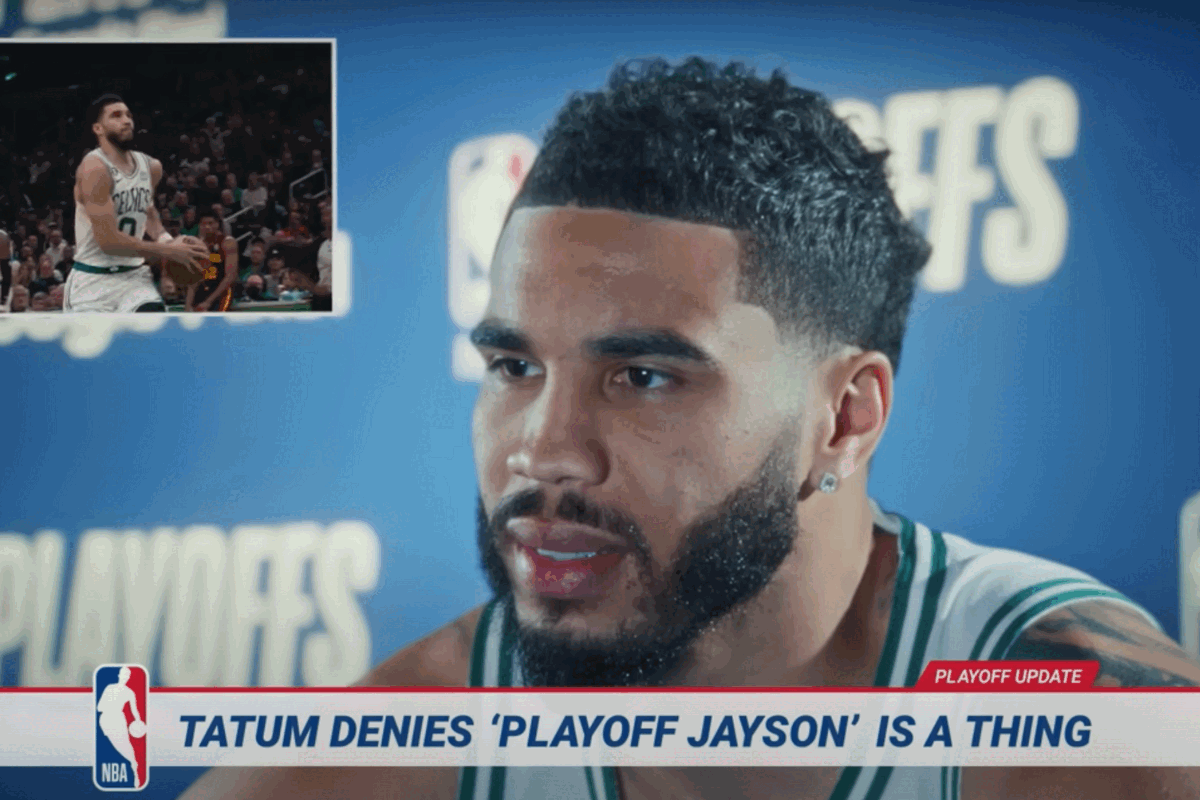Our mission is to unleash the potential of publishers – Mozoo talks AI and AdinCube
- Friday, October 20th, 2017
- Share this article:

Back in August, mobile advertising group Mozoo acquired Paris-based AdinCube, an AI-powered mediation technology for mobile app developers, in a deal worth $20m.
Mozoo made the purchase with an eye on combining its experience in monetising mobile traffic with AdinCube’s in-app AI tech to create a holistic mobile revenue optimisation solution. It’s been a few months since then, however, so we decided to catch up with Farzad Jamal, UK general manager and SVP of global demand partnerships at Mozoo, shortly after his presentation at the IAB UK Engage event to see how those plans were progressing, what we can expect, and general feelings toward AI technology.
“Since the acquisition, from our standpoint, I think it’s important to clarify that the demand sources we had, first and foremost, was to optimise and help them understand more about the inventory we already had – because we had a legacy there,” said Jamal, speaking to Mobile Marketing Magazine.
“We’ve started the process of bringing new publishers onboard, which is the first task we’re really doing strategy-wise right now. But, more importantly, on the demand side we’re working to ensure that they understand what they’ve got, how they’re buying it, and what CPMs they’ll be successful at, to help publishers maximise on their revenue stack.
“Percentage-wise, we’ve probably made a 30 per cent difference to the existing publishers – which, in itself, considering they were happy before, we’ve managed to get an uplift just in the last few months of integrating the new technology.”
Jamal emphasised that one of Mozoo’s focuses is one-to-one publisher relationships and addressing their needs by not having networks or potential supplier aggregators on the supply side. And, because of this, it already has “a bunch of publishers” and plenty of others interested because it’s tech is “quite unique”.
On top of its supply side controls, Mozoo deals with its demand partners in a similar fashion.
“On the demand side, the question a partner typically asks is: ‘is my ad going to be in a brand safe environment?’ Well, yes, because we’re doing that work on the publisher side,” said Jamal. “On the demand side, my question is then ‘what ad quality controls have you got?’ because we also want to ensure that the publishers are getting fantastic advertisers.
“Our technology, we are rolling out quickly to existing Mozoo publishers, which could include news verticals, travel, sports, entertainment. Some of them may have smaller scale, but they’ll be far more valuable to advertisers, therefore that’s going to hike up the average CPMs or eCPMs.
“What we’re ultimately trying to achieve is that fine balancing act of the right supplier and the right demand. If we can do that, eCPMs are naturally going to increase. And, as I’ve said, we’ve already started that process and it’s making a fundamental difference to the business.”
When asked about cynicisms that many have surrounding AI technology, Jamal admitted that he too was one of those people, but pointed out that the way AI is being used by Mozoo isn’t the way that most people think about when they think of AI.
“There is cynicism which comes down to a misunderstanding of what AI is,” he said. “People imagine a brain in a jar in an office with wires sticking in it, and that’s making the decisions. Advanced AI exists and the algorithm that underpins our business make decisions, but in a different way. Our algorithm is not sitting around deciding what I’m having for lunch, it’s making decisions around which is going to be the best potential advertiser at that particular time, that is willing to come into our arena and make a bid for one of our publisher inventory impressions.
“What it can do, categorically, is pick that impression out or that particular demand call from all the others by having done its research over the last months, years, and whatever else. That’s where the fundamental difference is.”
Despite this reliance on AI, Mozoo is passionate about, at least for the time being, maintaining a level of human interaction with the technology to make sure the algorithms are still relevant and efficient, but understands that someday this could change.
On the point of this change, and the potential fears about one day relying entirely on machines to get the job done, Jamal said the company is remaining sensible in the knowledge it is not making ‘life or death’ technology choices.
“I think we run away with ourselves, this is advertising,” he said. “I’m not the surgeon who’s giving instruments to a robot to make the decision ethically whether they should do that incision. That’s not what we’re talking about here – no one’s going to die.
“What we’re talking about here is machine learning, AI, within this ecosystem of what is fundamentally data-driven businesses. That data is quite explicit in what it needs to achieve, which is typically money, increased revenue – not making any other fundamental life-threatening decisions,” Jamal continued.
“Do we need reasoning in what we do? Yes, to a degree. It’s not life or death reasoning, but reasoning about whether we’ve serving the right impression to one individual or whether that impression would be better served another, and then is that the best bid that I can get?
“I’m very pragmatic about these things, and that’s the algorithm we have.”
When questioned about potential implications of an AI mistake being, though not life threatening, very damaging to a business financially. Jamal said that AI needed to be treated as humans are. We’re taught to learn from our mistakes, and the same has to be done with technology, and “as long as that technology is to a degree restrained in how much of a mistake it can make, then we kind of negate those massive losses”. And technology will always fail at some point.
“If anyone stood there and said that their technology was not fallible, I’d do my little frown and say ‘hmm, really?’ Technology is technology, regardless of how advanced it is, it can always fall down. But, having said that, we do everything we can to make sure it’s negligible,” said Jamal.
Looking to the future, Jamal is confident that Mozoo can use the acquisition of AdinCube, and the technology and teams it has brought to the table, to really drive on in the space over the next year or so.
“This acquisition is something we see as a game changer, and certainly by this time next year, I’d see Mozoo having a big share of the mobile advertising space – both in-app and mobile web. Ultimately our mission now is to unleash potential of mobile publishers. That means whether they’ve got mobile web or in-app inventory that we’re able to help them monetise that in a very agnostic, and automated manner as much as we can, in terms of having that plugin and letting the machine do the decisioning.
“Obviously, there’s still a team of people working in the background to make sure that it’s all ticking on,” Jamal concluded.
















